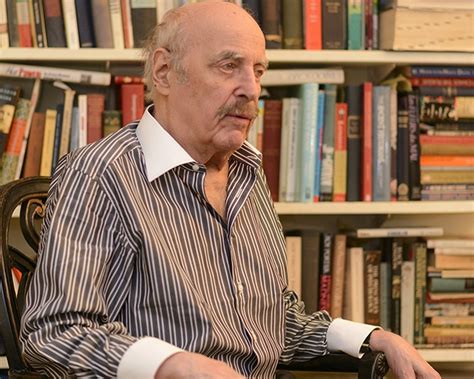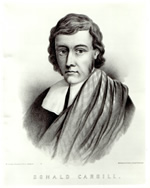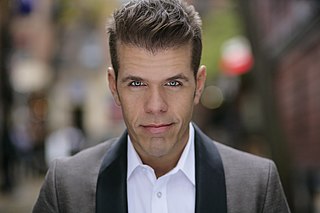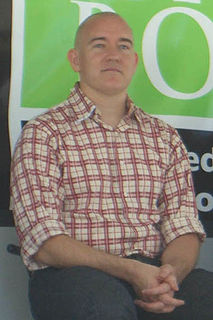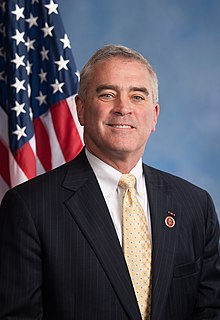A Quote by George Weinberg
My dearest friend in the movement is Jack Nichols. If there were no such thing as gay or straight, we would still talk and share experiences till the end of time.
Related Quotes
Those people are seen, I assume, by Larry [Kramer] as writing partly about gay issues and problems, whether it's on the surface or not, and I am not. But another thing is when we met, there still wasn't exactly a gay/straight divide in the minds of a lot of straight people. There weren't any gay people, as far as we knew, at Yale.
One time I was doing an interview for a gay magazine and halfway through the journalist found out I wasn't gay. He said, 'Sorry, I can't continue the interview.' Because they only had gay public figures in their magazine. I felt so crestfallen. I wanted to tell him: but I play fundraisers for gay marriage! I'd rather my kids were gay than straight!'
In less than a century we experienced great movement. The youth movement! The labor movement! The civil rights movement! The peace movement! The solidarity movement! The women's movement! The disability movement! The disarmament movement! The gay rights movement! The environmental movement! Movement! Transformation! Is there any reason to believe we are done?
The idea of the gay experience, it feels like a relic. I felt like in the '90s when we were watching the gay characters on 'The Real World,' there was definitely a gay experience that was distinct from a straight experience. If you talk to high schoolers in 2017, I don't know that is as much a part of how they experience a social dynamic.
The ball scene was never really only gay people. I think people have this notion that if there's a man hanging around a gay man, he must be gay, but that's just stigma. Back in the day, it was the same; there were lots of different people there: gay, straight, whatever. They did not care what they were called because they knew who they were.
I like California because it still has the glamour and romanticism and exoticism of a very foreign place. It was the place that when I was young, I was raised on "I Love Lucy" and listening to the Grateful Dead and reading Jack Kerouac. They, to me, were all symbols of this very foreign sense of promise and movement. After all this time here I'm glad I still have it.
To be regularly gay was to do every day the gay thing that they did every day. To be regularly gay was to end every day at the same time after they had been regularly gay. They were regularly gay. They were gay every day. They ended every day in the same way, at the same time, and they had been every day regularly gay.
Because gay people were so much more visible, violence against gays was more common and reported on. But they were definitely related to each other. In the wake of AIDS, gay people felt like they had to organize, become much more active and visible. AIDS fostered a gay rights movement that made gay people more powerful and more vulnerable at the same time.
Every time I would give a talk, someone would say, 'You ought to go into politics.' I prefer to call it government leadership. My life has taken me to places where I have experiences that I think I can share. A lot of times, we see people who are career politicians. I'm not the conventional candidate, nor do I want to be.
We're the end of the baby boomers, and we participated in many social changes. Who would of thought, for example, when the AIDS epidemic came along that so many would die, because it was gay people dying. And what emerged was a grassroots movement that developed, and succeeded in getting things done. The pinpointing of that movement evolved into the changes that we have today.
